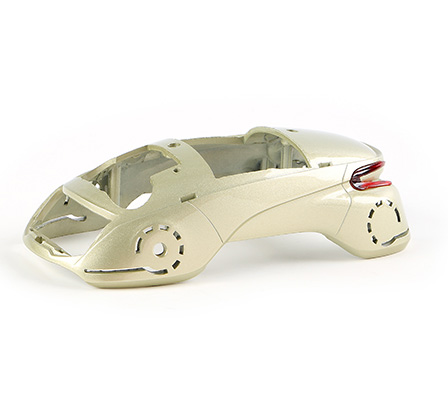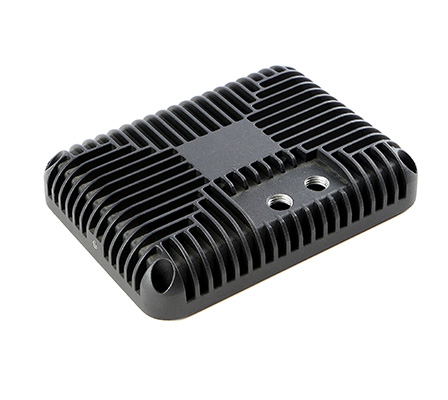Aluminum alloys are widely used in die casting due to their lightweight, high strength, and excellent corrosion resistance. However, it is crucial to select the right aluminum alloy for your die casting applications to ensure optimum performance and quality. In this article, we will discuss the factors to consider when choosing the right aluminum alloy for die casting.
Alloy Material The thickness of the material is a crucial factor to consider when selecting an aluminum alloy for die casting. The wall thickness of the material should be chosen based on the customer's specific requirements. Thicker materials provide better insulation properties, making them ideal for applications where thermal insulation is critical.

When selecting an aluminum alloy for die casting, it is essential to ensure that the color consistency of the material is uniform. If there are any significant differences in color, the material may not be of good quality. Additionally, if the surface of the aluminum alloy shows any dents, bulges or other defects, it is best to avoid purchasing it.
The surface finish of the aluminum alloy is another critical factor to consider when selecting the right material for die casting. Any visible defects such as white spots, black spots, cracks, burrs, or peeling can indicate poor quality material. Even if the price of the aluminum alloy is low, it is best to avoid purchasing it if it has any visible defects.
A high-quality aluminum alloy should have an oxide layer thickness of at least 10 microns. To measure this, lightly scratch the surface of the aluminum alloy and check if the oxide layer can be easily removed. If it cannot be removed easily, the aluminum alloy is likely of good quality.

Good quality aluminum alloys have excellent processing properties, which contribute to their high sealing performance. In contrast, low-quality aluminum alloys are often produced using shortcuts, resulting in poor processing and lower sealing performance.
High-quality aluminum alloys have a higher production cost compared to lower-quality ones. Therefore, their prices tend to be around 13% higher than inferior materials. Inferior quality aluminum alloys have lower wall thicknesses and tensile and yield strengths, which can lead to safety hazards when used. It is crucial to purchase aluminum alloys from reputable manufacturers to ensure that you get the best quality material for your die casting applications.
Choosing the right aluminum alloy for die casting requires careful consideration of several factors such as thickness, color consistency, surface finish, oxide layer thickness, processing properties, and price. By considering these factors, you can ensure that you select an aluminum alloy that meets your specific needs, performs optimally, and delivers high-quality results.
Looking for a reliable and experienced die casting manufacturer? Look no further than Shenzhen Huayin Precision Products Co., Ltd. Our team of mold designers and manufacturing engineers have over a decade of experience, offering one-stop manufacturing services that integrate die casting and surface treatment for mid-to-high-end products. With our commitment to continuous technological improvement and advanced equipment, we are dedicated to meeting all customer quality, delivery, service, and other requirements. Contact us today to learn more!